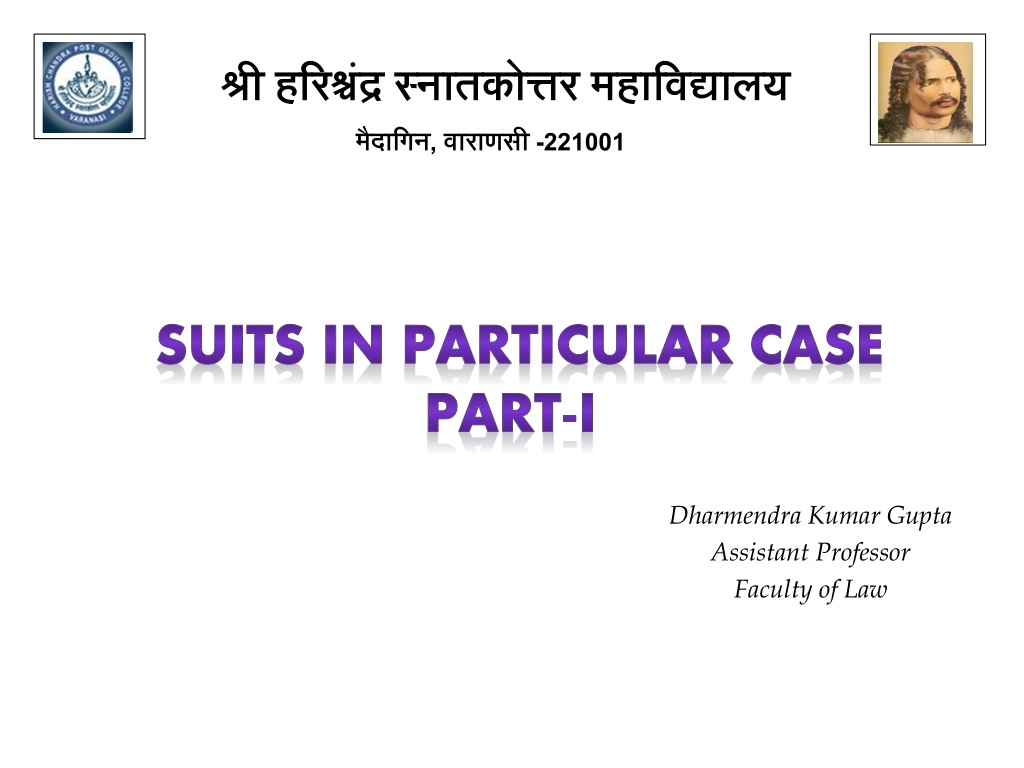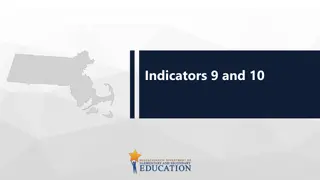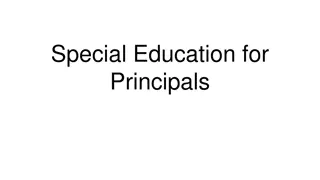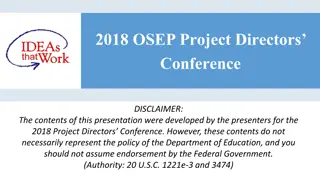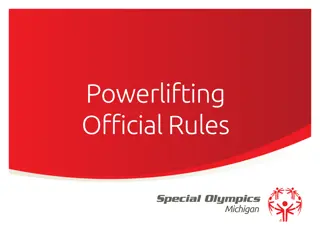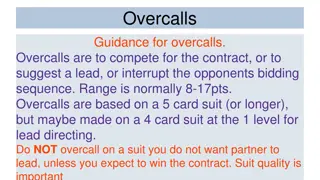Lawsuits Against the Government – Rules and Procedures
This comprehensive article discusses various aspects of lawsuits against the government, including the specific rules and procedures involved in such cases. It covers important topics such as suits by or against the government, notice requirements, exceptions for urgent relief, and where notices should be delivered. The content also touches on special suits, applications by minors, and key considerations when initiating a suit. The information provided aims to enhance understanding of the legal framework surrounding cases involving governmental entities.
Download Presentation

Please find below an Image/Link to download the presentation.
The content on the website is provided AS IS for your information and personal use only. It may not be sold, licensed, or shared on other websites without obtaining consent from the author. Download presentation by click this link. If you encounter any issues during the download, it is possible that the publisher has removed the file from their server.
E N D
Presentation Transcript
, -221001 SUITS IN PARTICULAR CASE PART-I Dharmendra Kumar Gupta Assistant Professor Faculty of Law
Suits in particular Case By or against government[S.79-82+O.27], By or against firm[O.30], Suit in forma pauperis or suit by indigent person [O.33+44], Inter pleader suit[S.88+O.35]
Suits in particular Case Or Special Suits Suit in General In Special suit there may be application, notice or agreement Natural person or artificial person Minor may institute a suit in his name through guardian or next friend Real dispute may between defendents Every suit shall be instituted by the presentation of a plaint. Generally natural person Plaintiff must be major Generally dispute between plaintiff and defendant
Suit by or against government [S.79-82+O.27] No suits shall be instituted against the Government or against a public officer in respect of any act purporting to be done by such officer in his official capacity, until the expiration of two months next after notice in writing has been given. Such notice shall state the cause of action, the name, description and place of residence of the plaintiff and the relief which he claims; and the plaint shall contain a statement that such notice has been so delivered or left.
Where notice shall be delivered or left? In the case of a suit against the Central Government, except where it relates to a railway, a Secretary to that Government. In the case of a suit against the Central Government where it relates to railway, the General Manager of that railway. In the case of a suit against the Government of the State of Jammu and Kashmir the Chief Secretary to that Government or any other officer authorized by that Government in this behalf. In the case of a suit against any other State Government, a Secretary to that Government or the Collector of the district. In the case of a public officer, delivered to him or left at his office.
When notice is not required? A suit to obtain an urgent or immediate relief against the Government may be instituted, with the leave of the Court, without serving any notice. But the Court shall give a reasonable opportunity of showing cause to the government in respect of the relief prayed for in the suit. The court shall return the plaint if, after hearing the parties, it satisfied that there is no urgency. No suit shall be dismissed merely by reason of any error or defect in the notice.
Procedure in suit by or against Government Parties In suits by or against the Government instead of inserting in the plaint or written statement the name and description and place of residence of the plaintiff or defendant, it shall be sufficient to insert the appropriate name as provided in section 79. That is to say- Suit by or against the Central Government, the Union of India Suit by or against a State Government, the State.
Public Officer Where a suit is instituted against a public officer for damages or other relief in respect of any act alleged to have been done by him in his official capacity, the Government shall be joined as a party to the suit. Where the Government undertakes the defence of a suit against a public officer, the Government pleader, upon being furnished with authority to appear and answer the plaint, shall apply to the Court, and upon such application the Court shall cause a note of his authority to be entered in the register of civil suits. Where no application is made by the Government pleader on or before the day fixed in the notice for the defendant to appear and answer, the case shall proceed as in a suit between private parties. Provided, the defendant shall not be liable to arrest, nor his property to attachment, otherwise than in execution of a decree.
Pleading and Recognized Agent Such plaint or written statement shall be signed by such person as the Government may, by general or special order, appoint in this behalf, and shall be verified by any person whom the Government may so appoint and who is acquainted with the facts of the case. Persons being ex officio or otherwise authorized to act for the Government in respect of any judicial proceeding shall be deemed to be the recognized agents by whom appearances, act and applications under this Code may be made or done on behalf of the Government. The Government pleader in any Court shall be the agent of the Government for the purpose of receiving processes against the Government issued by such Court. The Court may also in any case in which the Government pleader is not accompanied by any person on the part of the Government who may be able to answer any material questions relating to the suit, direct the attendance of such a person
Appearance The Court, in fixing the day for the Government to answer to the plaint, shall allow a reasonable time for the necessary communication with the Government through the proper channel, and for the issue of instructions to the Government pleader to appear and answer on behalf of the Government and may extend the time at its discretion but the time so extended shall not exceed two months in the aggregate. In a suit instituted against a public officer in respect of any act purporting to be done by him in his official capacity the defendant shall not be liable to arrest nor his property to attachment otherwise than in execution of a decree, and (b) where the Court is satisfied that the defendant cannot absent himself from his duty without detriment to the public service, it shall exempt him from appearing in person.
Reference to Government Where the defended is a public officer and, on receiving the summons, considers it proper to make a reference to the Government before answering the plaint, he may apply to the Court to grant such extension of the time fixed in the summons as may necessary to enable him to make such reference and to receive orders thereon through the proper channel. Upon such application the Court shall extend the time for so long as appears to it to be necessary.
Duty to assist in arriving at a settlement In every suit by or against Government it shall be the duty of the Court to make, in the first instance, every endeavor, where it is possible to do so consistently with the nature and circumstances of the case, to assist the parties in arriving at a settlement in respect of the subject- matter of the suit. If, in any such suit or proceeding, at any stage, it appears to the Court that there is a reasonable possibility of a settlement between the parties, the Court may adjourn the proceeding for such period as it thinks fit, to enable attempts to be made to effect such a settlement.
Execution of Decree order or award against Government Execution shall not be issued on any such decree, order or award unless it remains unsatisfied for the period of three months computed from the date of such decree order or award. It is necessary that order or award (a) is passed or made against the Union of India or a State or a public officer in respect of any such act as aforesaid, whether by a Court or by any other authority; and (b) is capable of being executed under the provisions of this code or of any other law for the time being in force as if it were a decree.
